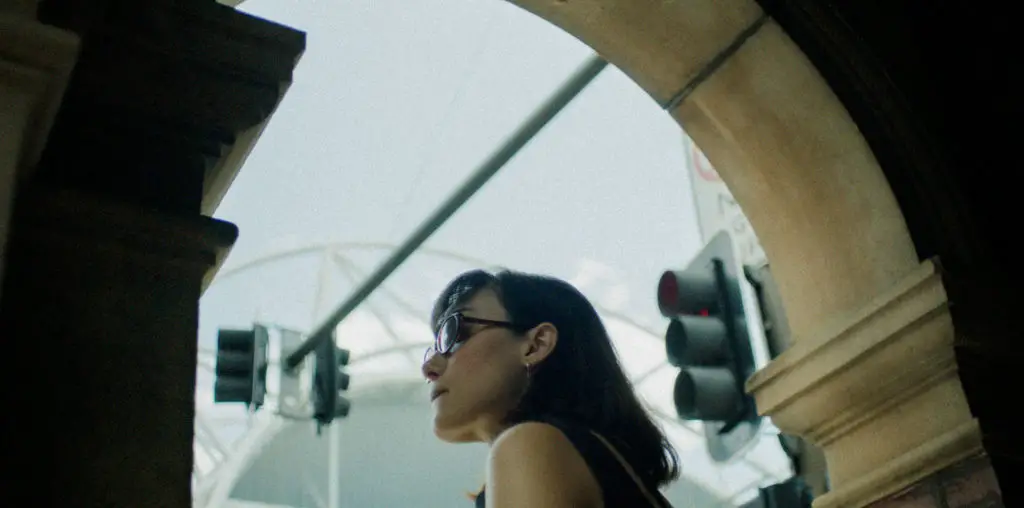
Based on the novel by Julian Barnes, “Metroland” is essentially a kinder, gentler British rendition of “The Ice Storm.” In this quaint tale of angst in the middle class, Christian Bale and Lee Roos play, Chris and Toni, childhood friends reared in a bourgeois commuter town, that they distastefully refer to as “Metroland.” As petulant young men in the 60’s, they thumbed their noses at the lifestyles of their parents, but in the narrative’s present — 1977 — Chris has fallen into line with the status quo. He’s content with his nine-to-five, a family and a house in the fabled community of his origin. All that gets stirred up when Toni, now a smug, world-hopping poet, returns for a visit, didactically preaching about sexual carpe diem and the evils of “selling out.” This prompts Chris to wallow in the nostalgia of his days in Paris, living as an artist, strolling the city’s boulevards and engaging in steamy erotic encounters with an ample Parisian by the name of Annick (Elsa Zylberstein with just the right amount of bubbly sensuality).
The sexually charged undercurrent of “Mertoland” promises something dark, disturbing or at least provocative, but as the characters reach their defining moments, it’s the plot that yields to the ordinary. The players make a convincing go of it, forging a tight, edgy chemistry. Roos is a mesmerizing force, though it’s uncomfortable to take pleasure in his manipulative, self-centered serpent. Bale cruises through the film with the same naive expression that came to define his performance in “Velvet Goldmine.” And as Chris’ wife, Marion, Emily Watson, in yet another sexually off-kilter role, delivers her lines with blunt, disarming cynicism, again reaffirming why she’s one of the best actresses on screen today.
